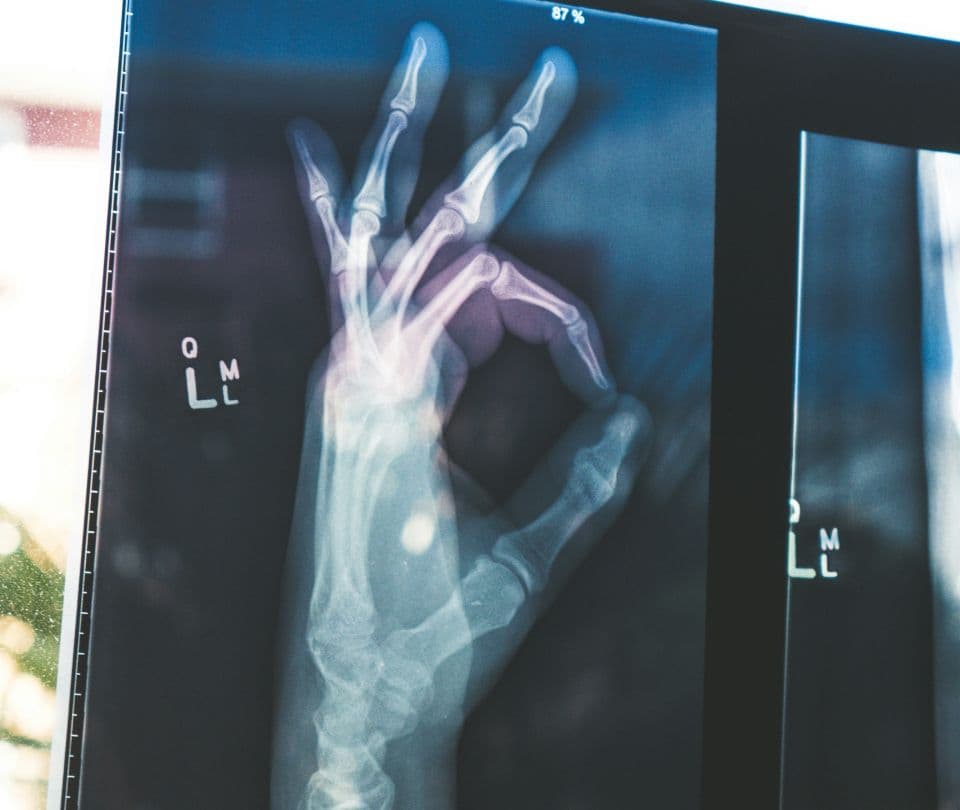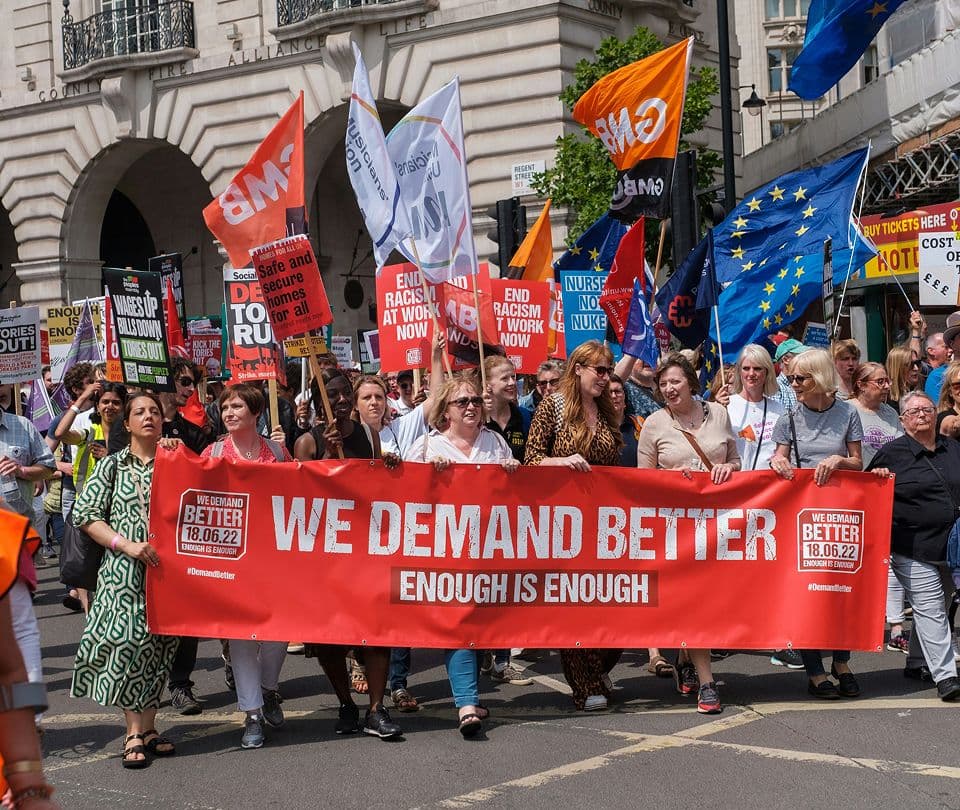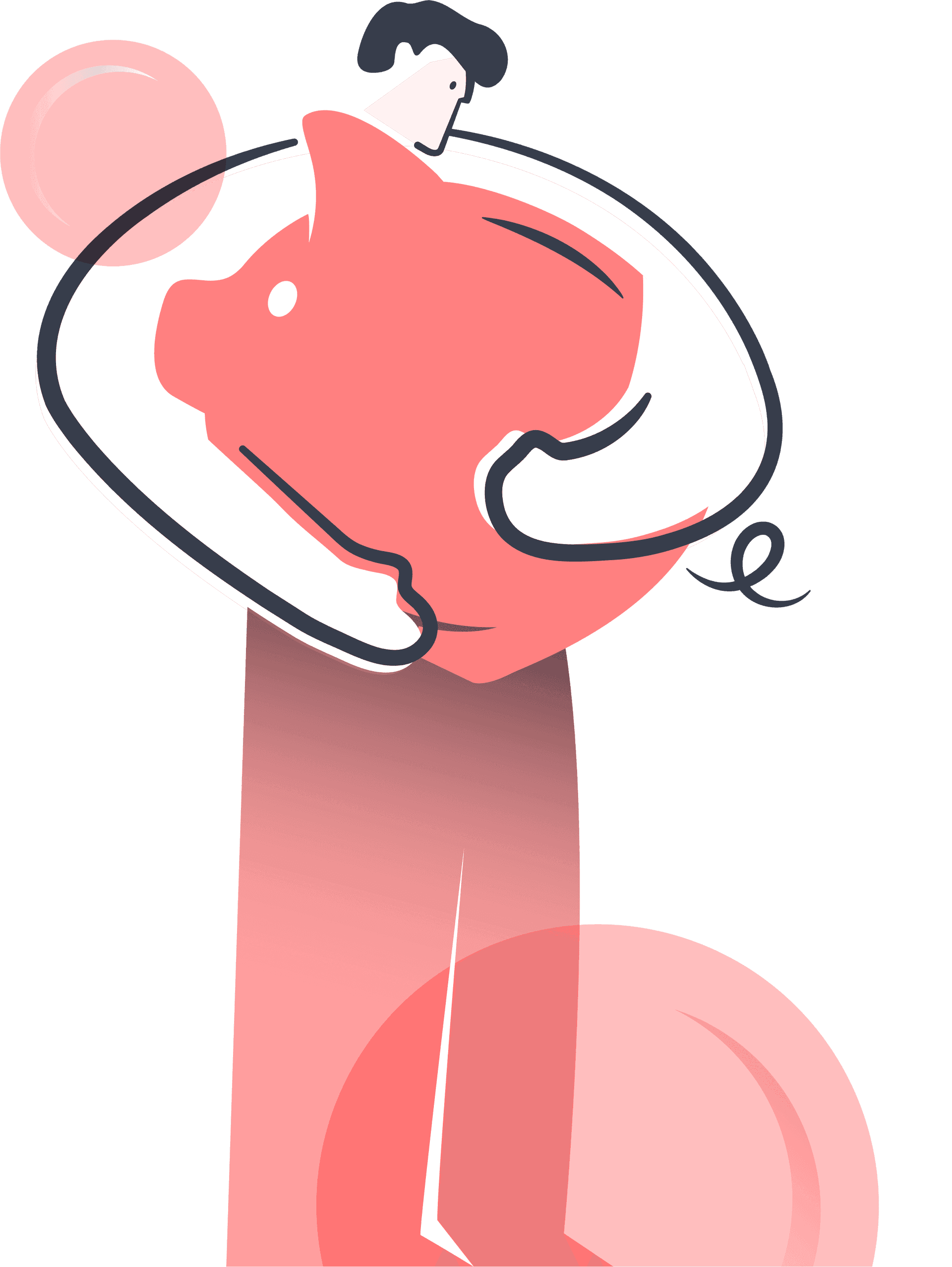What is income protection insurance in the UK?

What is income protection insurance?
Income protection insurance is a policy that makes sure you get a regular income until you're well enough to return to work. If you get injured or fall ill and have to take sick leave, it can pay you up to 70% of your normal income until you can work again. It allows you to concentrate on your recovery, giving you the financial resilience to help cover your outgoings and provide lasting peace of mind.
Do I need income protection?
Most of us take a few sick days now and then without losing any pay, but if we have to stop working for weeks or even months, it can be a very different story. If your salary is your main or only source of income, you might be disappointed by how little financial help is available. Some employers give generous packages but many will offer only the bare minimum the law requires. For the self-employed there’s even less.
A few things to consider if you’re thinking about income protection
How many sources of income you have
If you depend on your salary and have no other way of earning money, income protection could be the best way to avoid financial difficulties.
What kind of sick pay your employer offers
By law, your employer is obliged to pay you just £118.75 a week. Some will go much further but many will not. Check what your employer will pay you if you have to take sick leave and for how long. If your sick leave lasts 4 weeks for example, you may want to set your policy to kick in after the 4 weeks.
What options you have if you’re self employed
Self-employment has many advantages but you have no employer to help when you can’t earn. The government offers Employment and Support Allowance, but it’s only £92.05 a week. Unless you’ve built up savings specifically for an emergency, income protection could be the solution.
How much does income protection cost?
It's extremely hard to put a figure on it, but you can insure your income for as little as £5 a month. The price varies according to factors including the amount of cover you want, the maximum length of your claims period, how long you can wait between claiming and receiving your first payment. Your premiums will probably increase each year, since your risk becomes greater as you get older.
If you have dependants
If your income supports not just you but your partner, children or a loved one, losing it could have a serious impact. Income protection can ensure everyone is well looked after.
If you’re happy to spend your savings on household bills and expenses
If you’ve been able to build up your savings, maybe for a deposit or a major purchase, you may want to consider whether you would be happy using it to pay your bills.
Choosing your level of cover
If you decide that income protection is something you need then your next decision will be to work out your level of cover. This is the amount your insurance policy will pay out if you make a claim and it’s approved.
When deciding the level of cover you need, you may want to think about the following:
- How much would I need per month to cover my bills and expenses?
- How much would I like to pay per month for Income protection insurance?
- How long would I like my cover to last?
- How soon after I stop getting sick pay would I like my insurance to start?
Who doesn’t need income protection?
Not everyone will need income protection. But at Eleos we believe everyone should know it exists and how it works.
Income protection insurance may not be a priority for you if:
- You have more than one source of income
- Your employer gives you generous sick pay
- You’ve set aside emergency savings that you’re happy to spend
Of course, if you already have one or more of these, you can still get income protection as it gives you extra assurance knowing that incase of illness or injury, you will be covered.
FAQs
Work out how much you’ll need to cover your bills and outgoings - this will give you an idea of how much you’ll need to be paid. After you get your quote you can select your level of cover.
It could cost you as little as £5 a month. The price depends on: your age, your salary, the amount you’d like to receive when you’re off sick and a couple other factors. The best way to find out is by getting your personalised quote.
Income protection insurance can be worth it, although to some extent it depends on your lifestyle and financial circumstances. If losing a source of income would make it hard for you to meet your rent or mortgage payments, cover your bills or even pay for daily essentials then you may definitely want to consider it. If you have a family to support it could be even more important. Not only does it give you financial security, it provides peace of mind.
If you choose Eleos for your income protection insurance, you pay for your policy each month by debit or credit card.
When you take out your policy you can pick a 1-year or 2-year benefit period. You’ll keep receiving the monthly payments until you can go back to work or you reach the end of your benefit period.
There is no limit on the number of times you can claim for illness or injury. For details of how to make a claim, see our full terms and conditions.
Income protection covers you if you are forced to stop working because you fall ill or get injured. You can read about this in more detail in our terms and conditions.
Income protection doesn’t cover you for redundancy and there are a few other circumstances where you won’t be able to claim. You can find full details in our terms and conditions.

Related resources

Life Insurance for Young Adults
Life insurance for young adults doesn't have to be complicated or costly. This comprehensive guide covers why purchasing life insurance as a young adult locks in lower rates based on current health and how to pick the proper policy length and provider for your situation.

Turning Customer Curiosity Into Confidence: Theea's Coverage Calculator
Introducing Theea's Coverage Calculator: the intuitive insurance tool inspired by thousands of customer conversations that turns anxiety into tailored advice and confusion into confident choices.

Meet Your Newest Eleos Perks
We’re expanding our perks with two new additions designed to turn good intentions into healthy habits. Discover everything you can get for free with an Eleos policy.

Income protection for smokers
If you smoke, you may have a tough time getting income protection insurance, but it’s not impossible.

Do doctors need income protection?
A career as a doctor may be a vocation but you still have to earn a living

Do trade union members need income protection?
What financial support will your union give you if illness or injury forces you to stop working?
